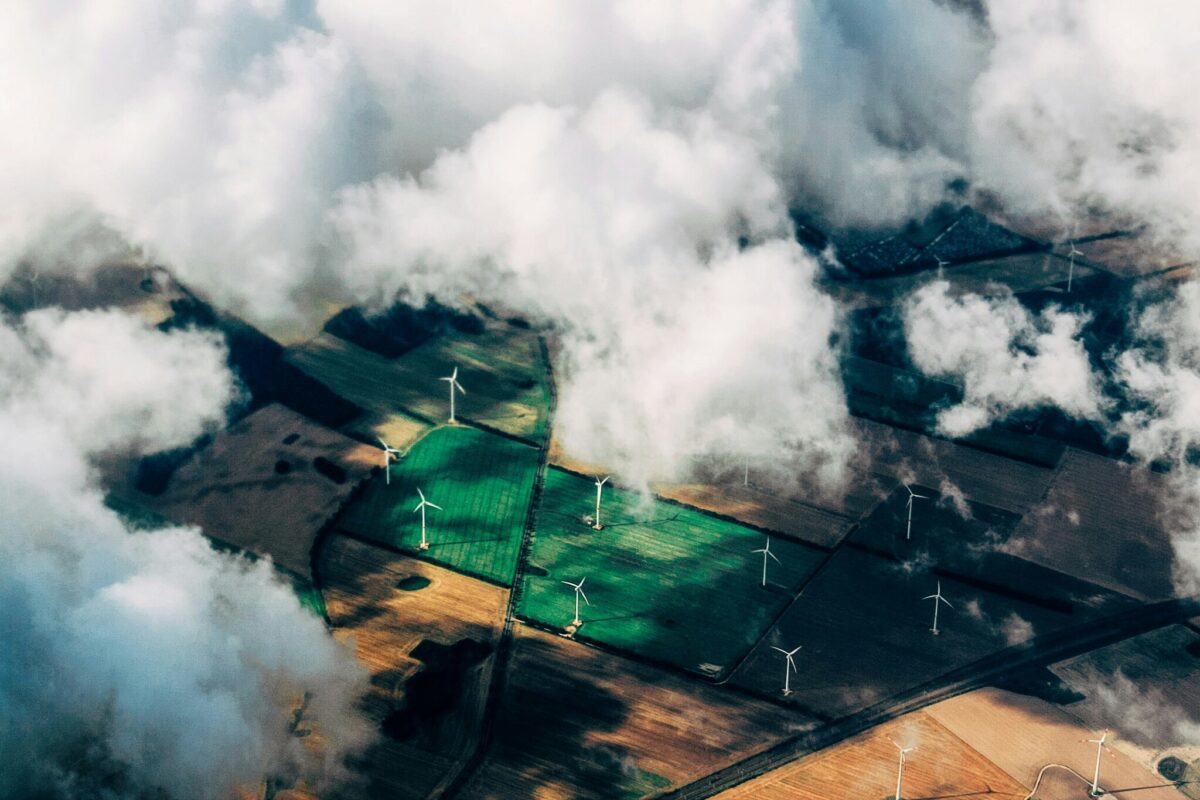Nature loss is accelerating: central banks must act now despite imperfect data.
Nature is deteriorating faster than ever. Central banks and supervisors have an important role to play in addressing an urgent crisis and a threat to global stability.
Sustainable Finance Lab and WWF organised a webinar presenting the research on how central banks and supervisors can act on nature-related risks. More than 40 representatives from central banks, ministries of finance and research institutions joined the discussion. WWF and SFL presented their recommendations. Marc Reinke (Head of Sustainable Finance Office at the Dutch Central Bank and co-chair of NGFS taskforce on Nature-related Financial Risks) and Sam Mugume Koojo (Ugandan Ministry of Finance and Coalition of Finance Ministers for Climate Action) both reflected on the findings, followed by a discussion.
Nature degradation requires urgent action by central banks
WWF and SFL explained how nature degradation is connected to the role of central banks. There is a need for a systemic approach to nature, tackling climate change and biodiversity loss together. The climate crisis cannot be solved without halting nature degradation. Central banks and supervisors increasingly recognise the importance of addressing nature-related risks. However, the focus is still mostly on climate change. Central banks and supervisors need to step up when it comes to integrating nature into supervisory and monetary policies.
Central banks and supervisors should acknowledge both the outside-in perspective (how nature degradation is affection financial institutions) and the inside-out perspective (how financial institutions have an impact on nature). The negative impacts financial institutions have on nature contribute to physical risks for the system as a whole. Central banks and supervisors need to acknowledge these so-called endogenous risks created by the financial system. They are uniquely positioned to address the systemic nature of nature degradation. SFL and WWF recommend taking a precautionary approach, by taking pre-emptive proactive measures despite imperfect data and methodologies, as waiting for the relevant knowledge and the complex methodologies to be built up will simply take more time than we have.
We identify five key areas for immediate action: deforestation, pesticide production, mining activities in biodiversity sensitive areas, intensive farming and fossil fuels. These areas are significant drivers of nature degradation, and central banks can leverage existing tools and databases to begin addressing these issues. Central banks can take first action steps on nature by starting with these material topics first.
We presented concrete overarching recommendations, like integrating nature into transition plans, enhancing microprudential policies, and updating board member qualifications to include knowledge of nature-related risks.
Central banks acknowledge next steps need to be taken…
In the discussion and reflections, the participants acknowledged the need for an integrated approach to nature and climate and to not wait for the perfect data. They recognised the need to look beyond only the risk perspective and to acknowledge endogenous risks as well. There was agreement on the need to implement policies on the activities most harmful to nature first.
The group consisted of central banks and supervisors representing different jurisdictions worldwide and we therefore also discussed how certain topics are specifically relevant to certain regions. For example, how deforestation is a big concern in certain areas. And how certain countries rich in nature are economically dependent on tourism and agriculture activities.
…but also face challenges and operate in a difficult environment
However, central banks and supervisors face challenges as well. The participants mentioned that not all central banks and supervisors acknowledge the urgency yet to act on nature. Climate and nature are still often considered two separate topics. Central banks don’t yet have the capacity and tools available to fully assess and integrate nature. It therefore remains a challenge to put and keep nature high on the agenda.
There is still discussion on the role of central banks and supervisors in addressing this issue. There is a danger of overstepping the mandate or to move too quickly. It was mentioned that policy makers should make the decisions in the end. Some recommendations were also considered too ambitious for now or are not solely the responsibility of central banks and supervisors.
No time to wait
Despite the challenges, there was consensus on the necessity of a collaborative, whole-of-government approach to address the urgent issue of nature degradation. There is a risk of crossing ecosystem tipping points, leading to irreversible changes in the environment. The urgency is big enough and there is a clear responsibility for central banks and supervisors to act on this topic.
As this webinar was held under Chatham House Rules, there is no link to watch it back.




